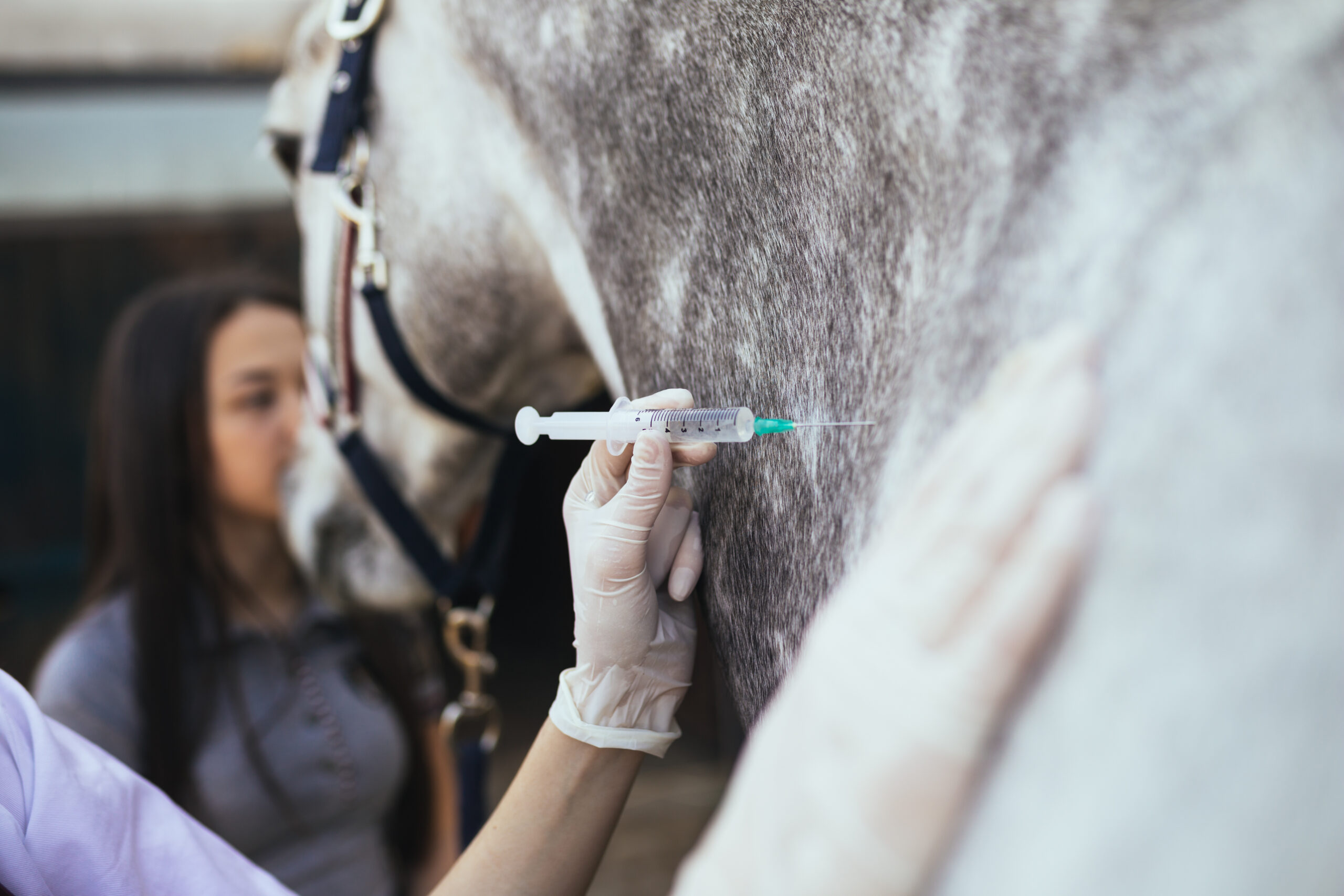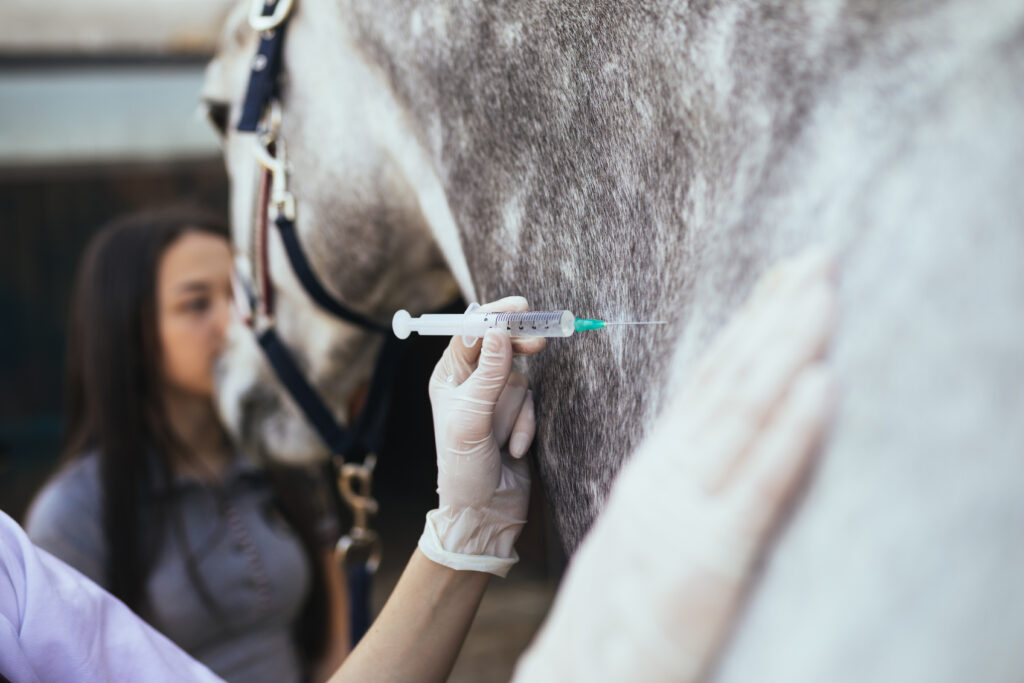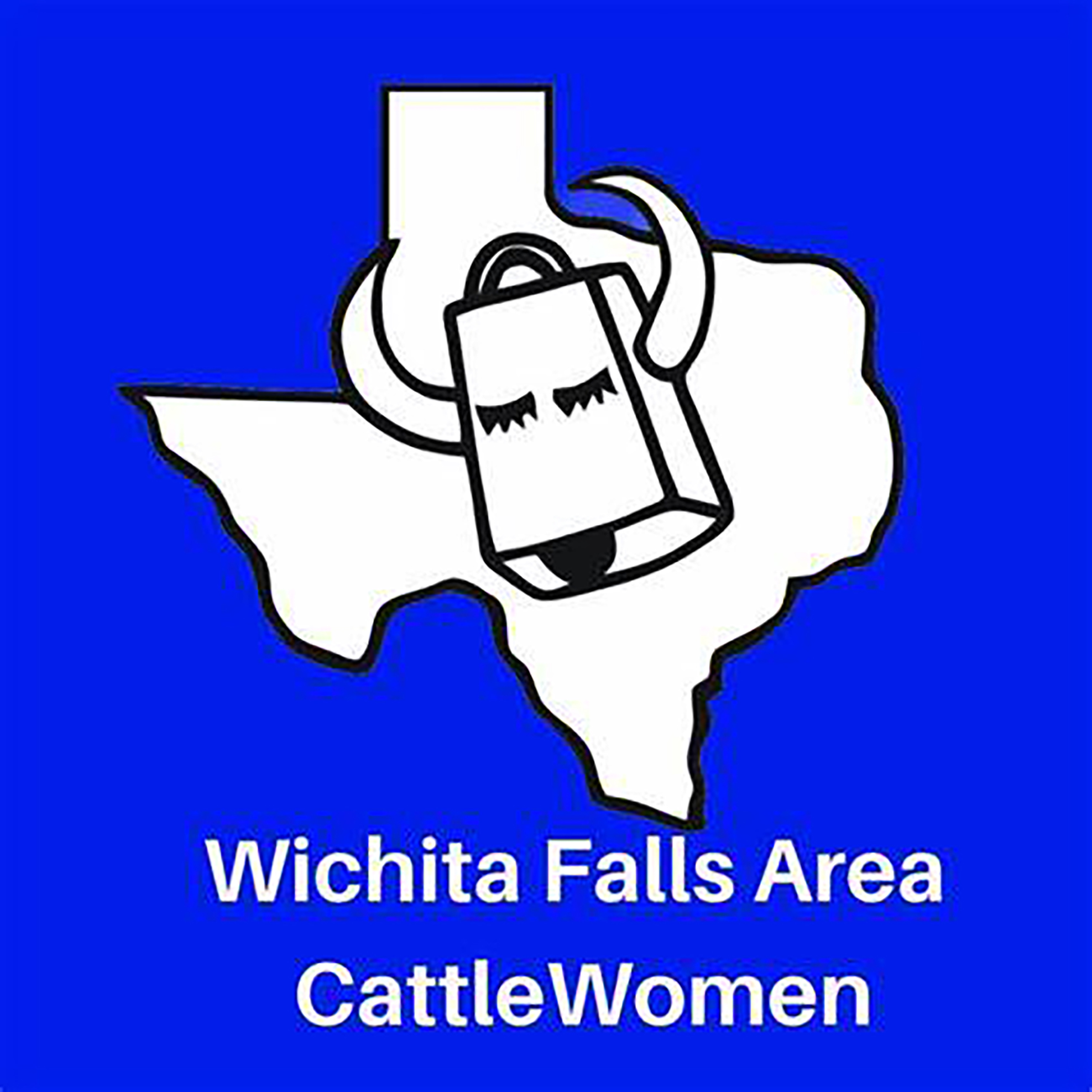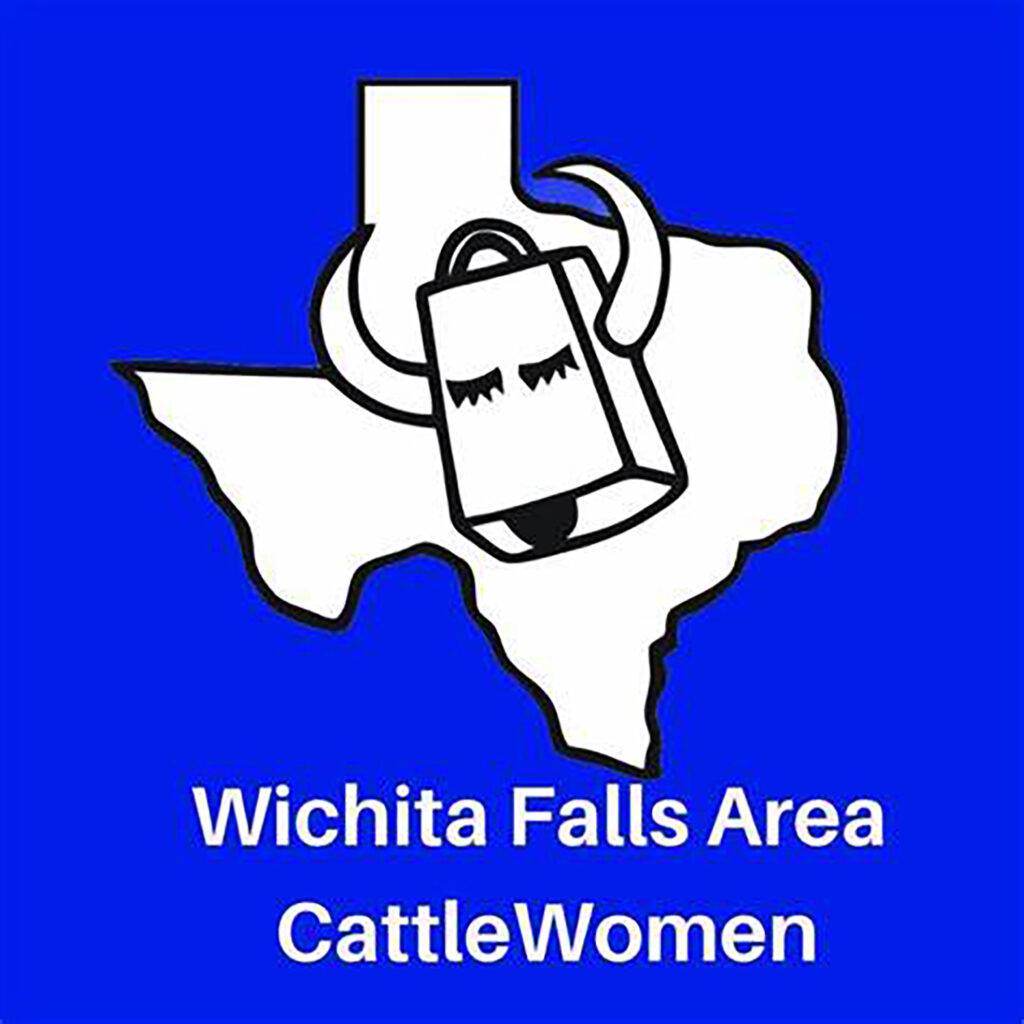HOME
Meanwhile, Back at the Ranch…

By Rayford Pullen
Happy New Year my friends as we complete another trip around the sun. The past few years have seen many changes in our industry, and 2023 will not be an exception, the rules will change once again.
Over-the-counter antibiotics currently available will now be under veterinary oversight. This adds another cost of doing business and will lead to yet another layer of accountability that will be required by producers, animal health suppliers and veterinarians. Running down to your local animal health store will now require a prescription in addition to cash to purchase antibiotics to maintain the health and wellbeing of our animals.
The FDA believes good antimicrobial stewardship practices in animals helps slow the development of antimicrobial resistance and preserve the effectiveness of these drugs in both humans and animals. With the new regulations, you are required to consult a veterinarian to obtain a prescription before you can purchase antibiotics.
To read more, pick up a copy of the January issue of NTFR Magazine. To subscribe call 940-872-5922.
HOME
Preparing Spring Gardens

By Hannah Claxton | Editor
The North Texas area is located within USDA Hardiness zones seven and eight. The zones are categorized by predicted low temperatures for winter and timing of the first and last frosts.
Zone seven usually has winter low temps between 0 and 10 degrees F with the average date of the first frost falling between Oct. 29 and Nov. 15 and the average date of the last frost falling between March 22 and April 3.
Overall, these two zones have similar climates and growing conditions, making the options for timing and variety within a garden very similar.
In these zones, cool-season crops should go in the ground in March, meaning that soil preparation should start now.
To read more, pick up a copy of the January edition of North Texas Farm & Ranch magazine, available digitally and in print. To subscribe by mail, call 940-872-5922.

HOME
Equine Vaccinations

By Heather Lloyd
Vaccinations are a critical component of maintaining the health and well-being of horses, especially in environments where they are exposed to other animals, such as in the sport, show and performance arenas. Horses, like all animals, are susceptible to various infectious diseases that can spread quickly and cause serious harm.
A routine vaccination schedule helps prevent the spread of these diseases by preparing the horse’s immune system.
To read more, pick up a copy of the November edition of North Texas Farm & Ranch magazine, available digitally and in print. To subscribe by mail, call 940-872-5922.

HOME
Wichita Falls Area Cattlewomen

Having herds on a controlled breeding schedule means that we have a predictable calving schedule, and while it’s only over a couple of months, for us it does fall right after the start of the year. I lobby annually to call ours the “Winter calving season”, but I am outvoted and my husband still refers to it as Spring. Unlike producers in our Northern States, we don’t have to contend with brutally harsh winter weather, and on those rare times we do, thankfully it is not for extended periods. Regardless of whether you have a Spring or a Fall calving schedule, the health of a newborn calf begins with the mother’s health, and the mother’s health is largely dependent on the producer.
To read more, pick up a copy of the November edition of North Texas Farm & Ranch magazine, available digitally and in print. To subscribe by mail, call 940-872-5922.

-

 Country Lifestyles2 years ago
Country Lifestyles2 years agoScott & Stacey Schumacher: A Growth Mindset
-

 Country Lifestyles8 years ago
Country Lifestyles8 years agoStyle Your Profile – What your style cowboy hat says about you and new trends in 2017
-

 HOME8 years ago
HOME8 years agoGrazing North Texas – Wilman Lovegrass
-

 Outdoor10 years ago
Outdoor10 years agoButtercup or Primrose?
-

 Equine1 year ago
Equine1 year agoThe Will to Win
-

 Country Lifestyles5 years ago
Country Lifestyles5 years agoAmber Crawford, Breakaway Roper
-

 Country Lifestyles9 years ago
Country Lifestyles9 years agoJune 2016 Profile – The man behind the mic: Bob Tallman
-

 Country Lifestyles8 years ago
Country Lifestyles8 years agoDecember 2016 Profile, Rusty Riddle – The Riddle Way




